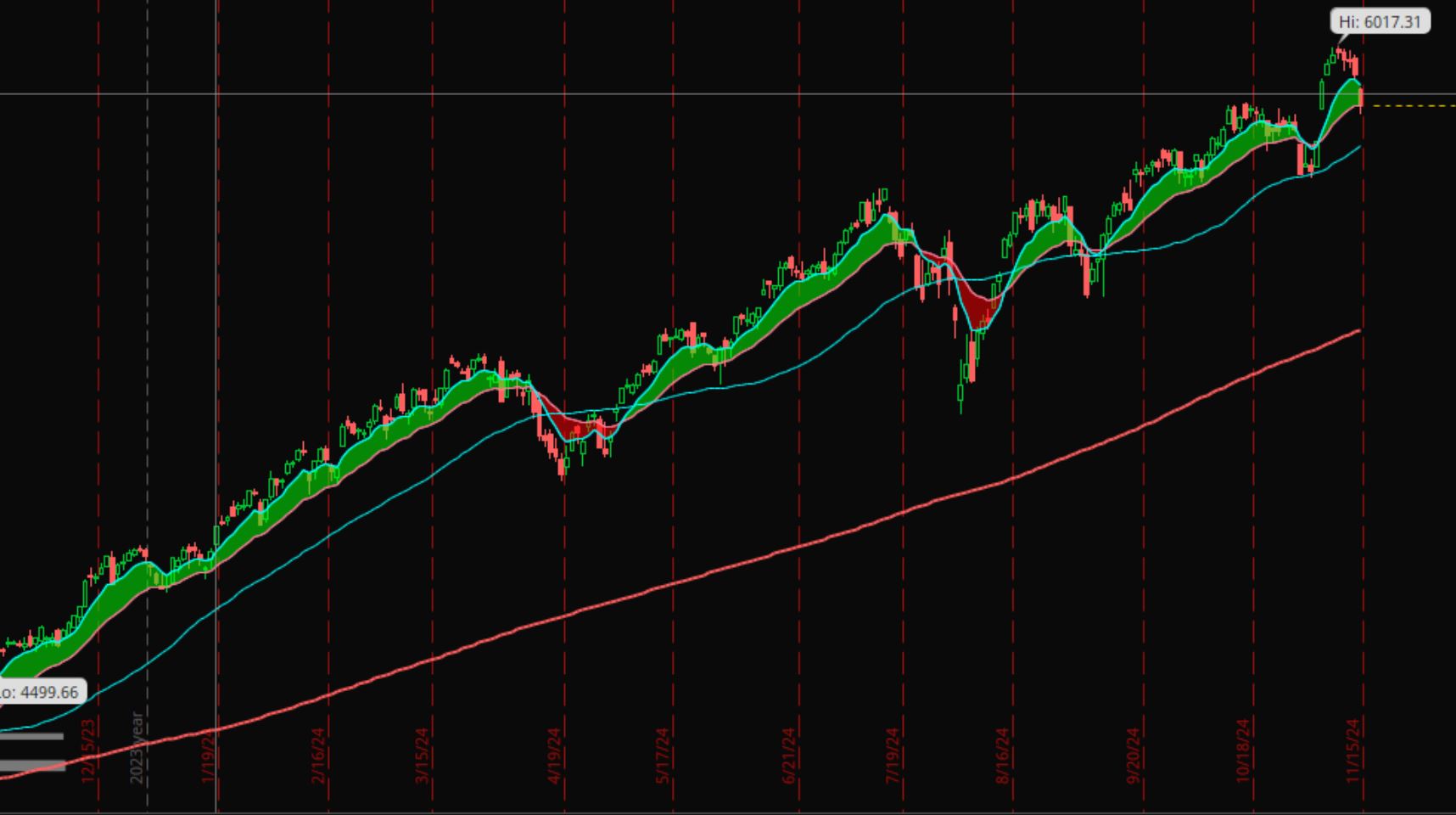When most people hear the words “investing” and “skill” in the same sentence, their minds often jump to complex mathematical formulas or hundred-page spreadsheets filled with charts, projections, and ratios. We tend to associate investing skill with hard, technical competencies — like company valuation, trend analysis, or financial modeling.
Now, don’t get me wrong; those skills are absolutely valuable. In fact, I’ve personally used them to make a living for the past ten years. But over time, I’ve come to realize that one of the most powerful skills in investing is also one of the most overlooked: patience.
Benjamin Graham, widely regarded as the father of value investing, once said:
“In the end, how your investments behave is much less important than how you behave.”
Let that sink in for a moment.
🕰 Investing and Patience Go Hand in Hand
Investing is inherently a long-term endeavor. While people might refer to day trading or crypto flipping as “investing,” those are often more accurately labeled as speculation, trading — or let’s be honest — gambling.
True investing, the kind that builds real wealth, plays out over years, not weeks or months. And because it takes time for great businesses to grow and compound, patience becomes an essential skill for any successful investor.
If you take a step back, life works the same way. Anything worth having takes time. You can’t rush a meaningful career, a lasting relationship, or the process of becoming skilled at something important. Amazon struggled for over a decade before it truly hit its stride. A fruit tree takes 3–5 years (or more) before it bears harvestable fruit.
Think about your own life — haven’t your most meaningful achievements come from staying committed over the long haul?
So yes, patience is not just an investing skill; it’s a life skill.
But how do you build it?
🛠 3 Practical Ways to Strengthen Your Patience Muscle
1️⃣ Have a Long-Term Plan — And Stick to It
The best way to cultivate patience is to build a thoughtful investment plan and keep it in front of you — especially during volatile or uncertain times.
Your plan should be written when you’re thinking rationally, not emotionally. It becomes your North Star when markets get bumpy.
A solid plan includes:
- ✅ How much you’ll invest each month — no matter what the market is doing.
- ✅ Which stocks or funds you’ll stick with — not whatever your friends or the news are hyping.
- ✅ What price ranges you’re willing to pay — based on valuation, not vibes.
- ✅ Your asset allocation based on your personal risk tolerance — not market noise.
When fear kicks in, your plan is what keeps you grounded. It reminds you that volatility is normal and that you’re in this for the long game.
2️⃣ Focus on Fundamentals, Not Fear
Markets don’t crash because the world is ending. They usually decline because investors panic due to news headlines, policy changes, war fears, inflation, or just uncertainty.
But here’s the truth: Fear-based corrections are temporary. Fundamentals endure.
If you can train yourself to look beyond the noise and focus on the long-term fundamentals, like earnings growth, margins, innovation, or industry leadership; you’ll stay patient and avoid the emotional sellouts that so many others fall into.
Market volatility isn’t a bug in the system; it’s the cost of admission. And it’s a price worth paying for long-term returns.
Don’t let the media hijack your emotions. Stay focused, stay rational, and stick to your strategy.
3️⃣ Build Staying Power — Cash is a Patience Buffer
The final way to develop greater patience is to never put yourself in a situation where you have to sell during a downturn.
This is why an emergency fund is so powerful. It gives you staying power.
By keeping 3–12 months of living expenses in a liquid, easily accessible place, you buy yourself breathing room. You won’t be forced to sell your long-term investments just to cover rent or groceries during a downturn.
Why is this important?
Because desperation clouds judgment. When you’re panicked about making ends meet, rational thinking goes out the window — and that’s when bad investing decisions happen.
Staying power gives you time, and time gives you patience.
💡 Final Thoughts: The Keystone Skill of a Millionaire
Corrections will come. Bear markets will happen. But so far, history shows they always end.
The investors who build real wealth are the ones who stay in the game long enough to see their investments mature. They keep buying, even when it’s scary. They trust the process, even when the media screams otherwise.
Patience is a superpower.
It’s the difference between chasing quick wins and building generational wealth.
So if you want to master investing, don’t just sharpen your Excel skills or memorize P/E ratios. Work on your patience — because that’s the skill that will quietly, steadily, and surely make you a millionaire one day.
Believe me. I’ve done it.












Leave a Reply